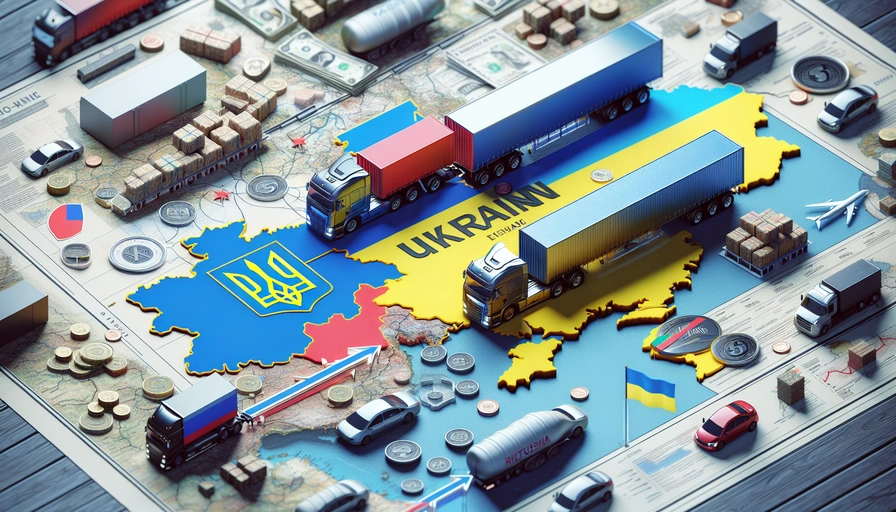The ongoing conflict between Russia and Ukraine has significantly impacted trade relations between the two countries. Here are some key developments and their implications:
- Energy Infrastructure Attacks: Ukraine has launched multiple attacks on Russian energy infrastructure, including drone strikes on gas distribution stations and oil pumping stations. These attacks have caused significant damage and disruptions, highlighting the ongoing tensions and their impact on energy trade.
- Black Sea Initiative: Discussions between Russia and the US have focused on the Black Sea shipping safety, with a 30-day halt to attacks on energy facilities agreed upon. This initiative aims to ensure safe navigation and prevent the use of commercial vessels for military purposes, contingent on lifting sanctions against Russian agricultural lenders.
- Trade Sanctions: The European Union has extended sanctions against Russia, impacting various sectors, including port and airport infrastructure. These sanctions have far-reaching effects on trade, affecting EU-registered entities globally and complicating financial transactions related to infrastructure development.
- Economic Impact: The conflict has led to significant economic consequences for both countries. Russia’s economy has shown resilience, with a 4.1% growth in 2024, but the ongoing trade war and sanctions continue to pose challenges. The EU’s sanctions have also affected its own economy, highlighting the complex interplay of economic and political factors.
- Prisoner Exchange: In a recent development, Russia and Ukraine conducted a prisoner exchange, with 246 military personnel from each side being released. This exchange, facilitated by the United Arab Emirates, underscores the humanitarian aspect of the conflict and the ongoing efforts to address the human cost of the war.
Summary
The trade relations between Russia and Ukraine remain strained due to the ongoing conflict and associated geopolitical tensions. Energy infrastructure attacks, trade sanctions, and economic impacts are key factors shaping the current landscape. Efforts like the Black Sea Initiative and prisoner exchanges highlight attempts to mitigate some of the conflict’s effects, but the overall situation remains complex and volatile. The international community continues to monitor these developments closely, given their broader implications for regional and global stability.

